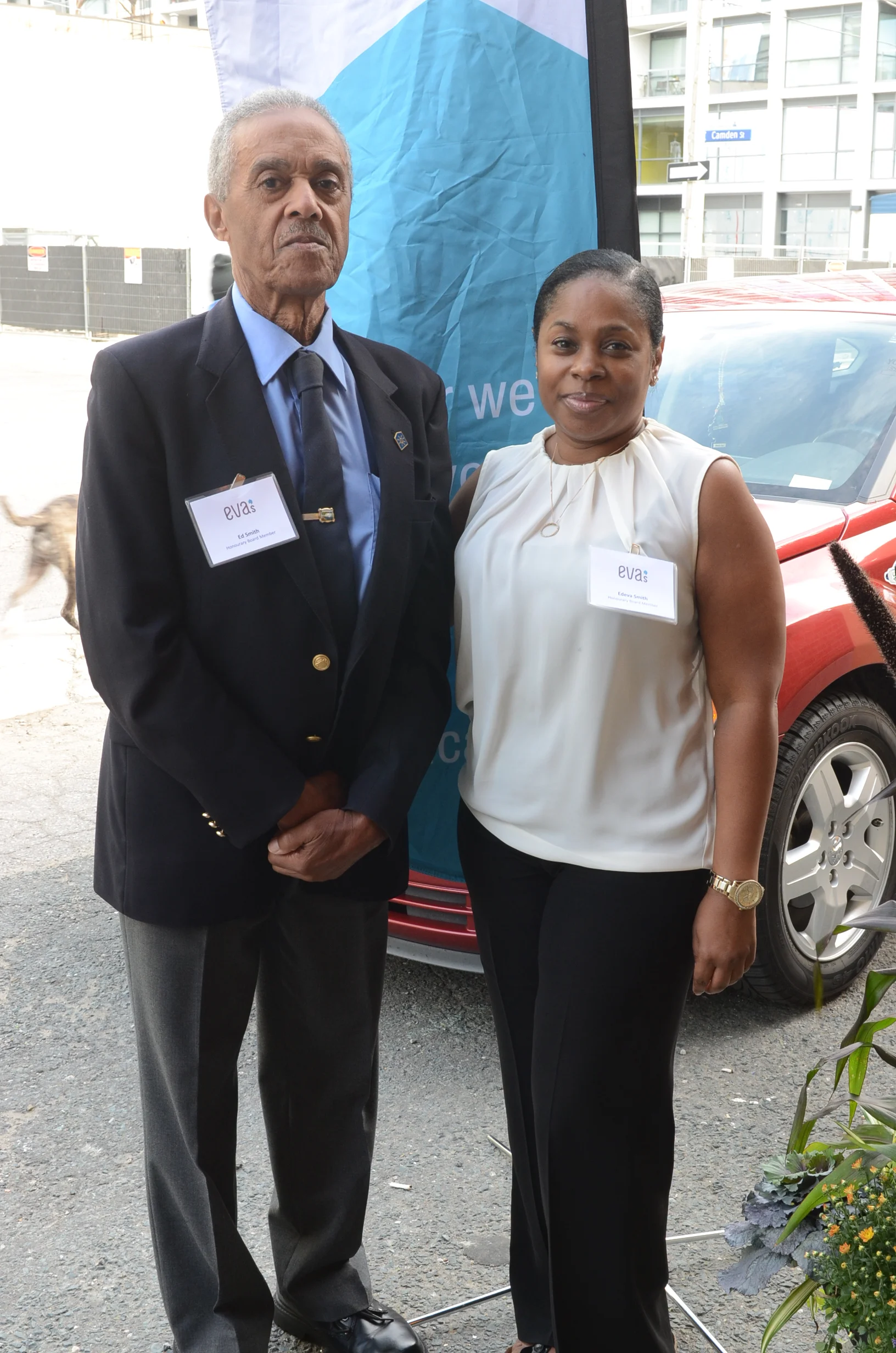Mentorship program laid foundation for educator’s success
Just under three years after being hired by the University of Alberta Faculty of Nursing as an assistant professor, Dr. Bukola Salami is making waves in western Canada.
The Nigerian immigrant made this year’s Avenue Edmonton magazine Top 40 Under 40 cohort list unveiled last week at the Royal Alberta Museum.
Dr. Salami was recognized for working on data that could improve the well-being of immigrants in Canada and around the world.
Her doctoral dissertation was a case study on the migration of Philippine-educated nurses to Ontario through the live-in caregiver program.
“Since graduating, I have now shifted my focus to immigrant health in Canada,” the 35-year-old health professional said. “I began by examining the health of temporary foreign workers in Canada and, in doing that, became more and more aware of my positionality and the need for me to contribute to the health of the community that I belong to. That research is focused on Africans and I have collaborated with colleagues to examine the quality of life teenagers with sickle cell anemia in Alberta enjoy after having bone marrow transplants.”
Salami is the lead on a project examining parenting and child mental health promotion practices among African populations and the co-lead on projects related to domestic violence in African immigrant communities.
“I also have active projects on the de-skilling of internationally educated nurses and I am analyzing a Statistics Canada database of 17,000 immigrants and non-immigrants to shed light on immigrants’ mental health and the influences of diverse health determinants,” said the former Trent University and University of Ontario Institute of Technology course instructor. “My background as an immigrant and as an African as well as my past personal experiences serve as a deep motivation for the work I am now doing. I am committed to bridging practice and policy gaps on immigrant health and to providing a basis for action for immigrants to influence policies and changes.”
Salami is a product of the University of Toronto’s Faculty of Medicine Summer Mentorship Program (SMP) designed to offer a focus for students with both an interest and aptitude for the sciences, particularly for those who otherwise would not have available mentorship opportunities.
Grade 10 and 11 students in the Greater Toronto Area are assigned to hospitals and other health care sectors and provided with opportunities to interact with graduates and students in health care programs. The enrollees also secure a high school co-op credit and the opportunity to reach maximum levels of academic achievement.
In the last 22 years, 790 students have graduated from the program. Almost all have attained post-secondary degrees and nearly half have completed a medical degree or professional program in health sciences.
Salami was introduced to the SMP a few months after migrating to Canada in 1997 at age 16.
“I was in Grade 11 when my guidance counsellor told me about the program,” she said. “I had an opportunity to shadow and be mentored by largely Black health professionals and this showed me that there could actually be a path to success for teenagers like myself. This was quite important as our family was experiencing some financial hardships.”
Diana Alli, a retired senior officer in the U of T Faculty of Medicine, said Salami is a member of the almost 99.9 per cent of the SMP graduates who are excelling professionally.
“The remaining 0.1 per cent was successful in their own right, but could no longer continue on with higher education because of extenuating circumstances,” said Alli, the president of the Access Empowerment Council which inspires disengaged, marginalized and underrepresented youth and engages isolated elderly globally. “I had full faith that Bukola would reach great heights, as will most of our SMP graduates, because they are surrounded by dedicated role models and mentors who have paved the way for them to be shining examples of honour.”
Salami’s parents created a solid base for her growth and success.
Despite graduating with biochemistry and political science degrees from Canadian universities in the 1970s (her father also completed a management science degree at Fairleigh Dickinson University in New Jersey) and returning to Nigeria, they weren’t able to secure employment in the areas in which they were trained when they came back to Canada in the 1980s and 1990s.
“They were asked if they had Canadian experience despite the fact they were educated in Canada,” she said. “They struggled to regain their occupational mobility in Canada. Before I got into the SMP, my thoughts on occupational mobility in this country were quite negative.”
After applying to pursue science studies and being accepted at the University of Windsor, Salami – who Alberta’s Minister of Health, Sarah Hoffman, appointed to the province’s College of Social Workers Council – changed her mind at the last moment and switched to nursing.
“Based on my experience, I thought that nursing was a good back-up plan and a profession that I would be content with if I didn’t get into medical school,” she said. “This is one of the best decisions I have made. I highly appreciate the profession that I am in and I would not trade it.”
Completing her undergraduate degree in 2004, Salami did her Master’s and PhD at the University of Toronto.
She currently teaches “Migration and Health in the Canadian Context” and “Public Policy and Nursing Leadership” graduate courses and “Inter-professional Team Development: Immigrant Health” to undergraduate students.






